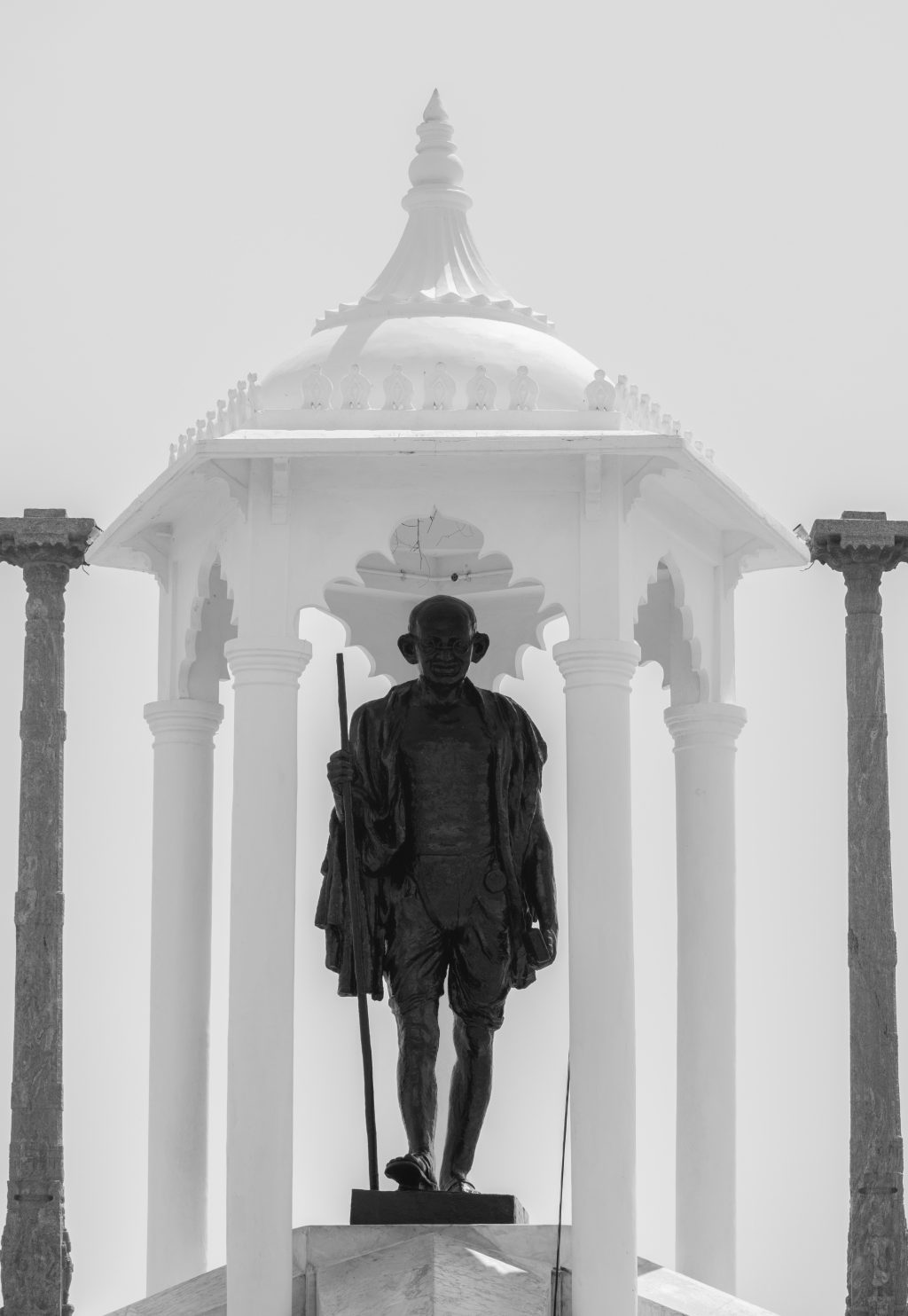
Koyamparambath Satchidanandan is an Indian poet. He is a pioneer of modern poetry. He has plays, translations, poems, travelogues, and columns to his credit. He advocated for a casteless society and contributed to human rights activities. Malayalam literature has many other works discussing the same themes Curing Caste by Sahodaran Ayyappan and About My Race: A Song by Poykayil Appachan.
As the title denotes, Gandhi and Poetry is a poem that narrates an imaginative meeting between Mahatma Gandhi, the father of India, and poetry. One day a lean poem visits Gandhi. ‘Lean’ questions the existence of poetry which searches for subjects in Malayalam literature. The purpose of the visit was to have a glimpse of a man. Poet indirectly mentions how hard it is to find a real man.
Satchidanandan also mentions Gandhi’s concept of Ramarajya where everyone lives with social justice. Gandhi never noticed the poem that stood at his doors. The poem then cleared his throat to get Gandhi’s attention. The poet notes that Gandhi looked the poetry through his glasses that had seen hell. Hell implies the British rule and the separation made in the country under religion and caste.
Gandhi questions poetry to find if the poem has ever known the pain of the exploited. Gandhi interrogates the stand of poetry for avoiding the pain of a scavenger whose life is with the garbage. He also mentions the pain of women and the struggles of the marginalized.
In the second stanza poem recounts its illustrious past life. The poem remarks that its birth was in the forest. Later fishermen helped to grow. The poem admits that yet it doesn’t know any work. The poem then recollects its regal period when kings used to have poets in their court. The poem refers to the time it was ‘plump’ and ‘handsome.’ The poem then mentions that eventually, it moved into the streets. It feels half-starved.
Gandhi acknowledges that being starved is better than living a regal life in royal courts in the third stanza. The poet clearly emphasizes Gandhi’s concept of equality. Gandhi advises the poem to quit the habit of speaking Sanskrit. Sanskrit is considered a priestly language in India. Gandhi insists poems are part of common people.
Gandhi invites poetry to attend to the basic issues of the deprived. Gandhi directs the poem to become a seed and wait in the field for the next farming season. In the poem, the seed has to wait for rain. It stays in the field with new hopes and a strong decision to speak out for the voiceless.



